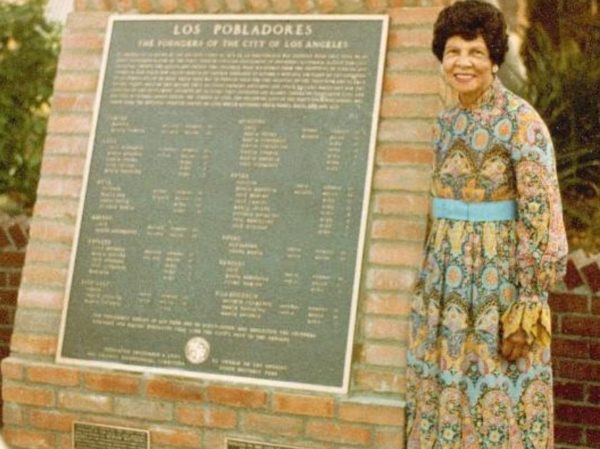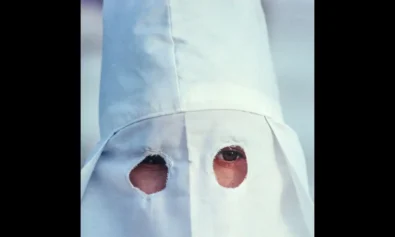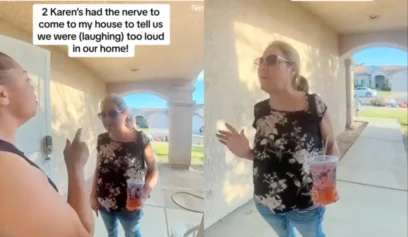The sprawling Southern California city that has become an epicenter for the nation’s television and film industry was founded by a group of majority-Black people 238 years ago on this date.
That city is none other than Los Angeles, and only in recent decades have city leaders come to consider that racial and cultural history something to be proud of.

A plaque was installed in El Pueblo de Los Angeles State Historic Park in the 1950s to honor the families of 44 people — more than half of whom were Black — who traveled from Mexico and founded Los Angeles on Sept. 4, 1781, according to the Los Angeles Times.
Soon enough though, the plaque disappeared, with only rumors remaining that several Recreation and Parks commissioners were embarrassed Black people played a part in the city’s founding, the newspaper reported.
Another plaque replaced the original one more than 20 years later, but it didn’t mention race in honoring the early settlers, called pobladores.
It wasn’t until Miriam Matthews, California’s first credentialed Black librarian, advocated for the pobladores that the city installed another plaque for its bicentennial in 1981, according to the UCLA library.
That plaque, a bronze tablet, includes the names of the 44 founders, their race, sex and age.
Of the 11 men representing each of the founding families, Antonio Mesa, Luis Manuel Quintero, Manuel Camero and José Cesario Moreno were of African descent, according to historical research.
José Fernando de Velasco y Lara and Antonio Clemente Félix Villavicencio were Spaniards. Pablo Rodríguez, José Alejandro Rojas, José Antonio Basilio Rosas and Jose María Vanegas were Indian, and José Antonio Navarro was Mestizo, the research showed.
Many people would not know their names if not for the work of Matthews, several researchers argued, dubbing her the Dean of Los Angeles Black History.
UCLA reported Matthews advocated for Los Angeles to observe a “Negro History Week,” a precursor to Black History Month, and she promoted the importance of reading in a column she wrote for the California Eagle in 1939.
“The best and most rapid method of acquiring this wanted knowledge is through reading,” she said in the column.
Matthews died at age 97 in 2003.


